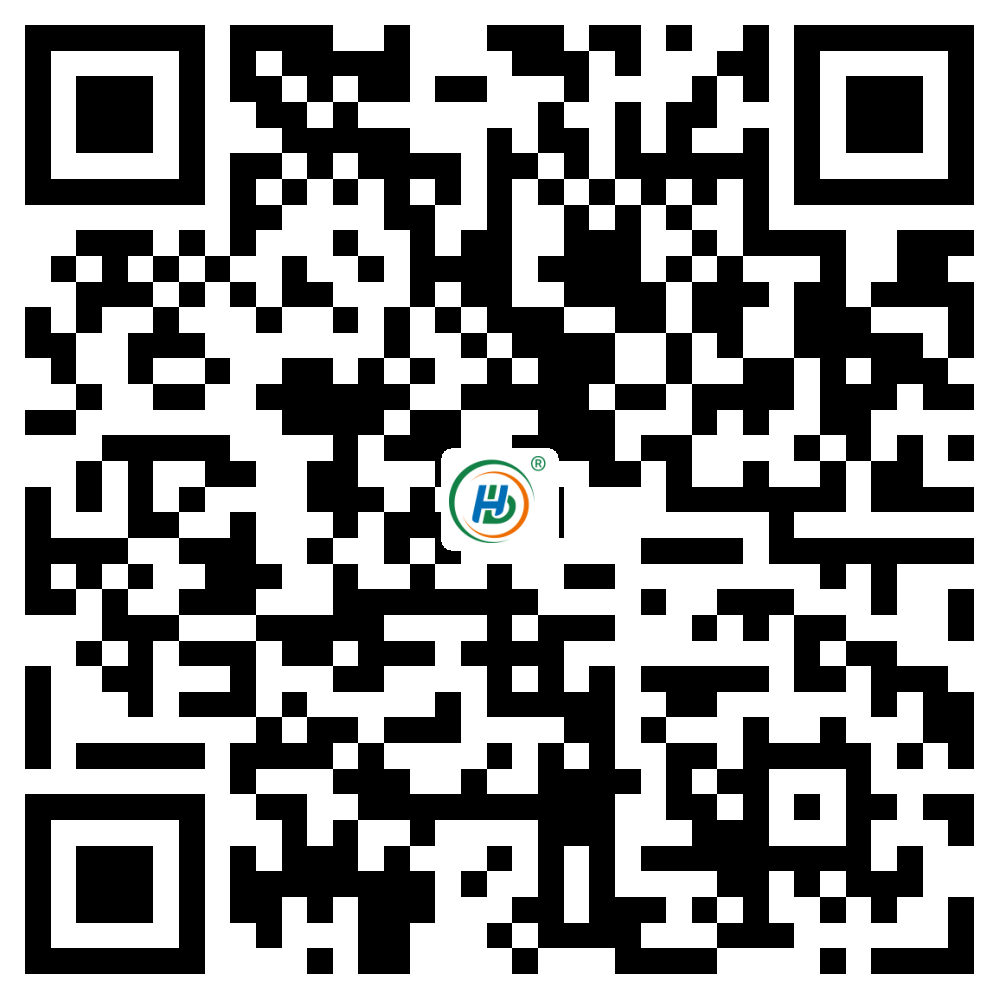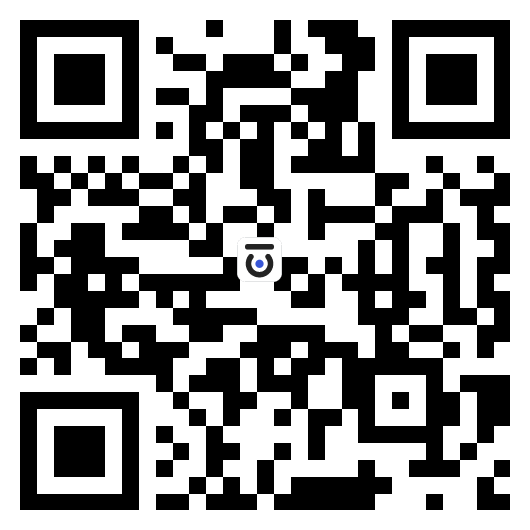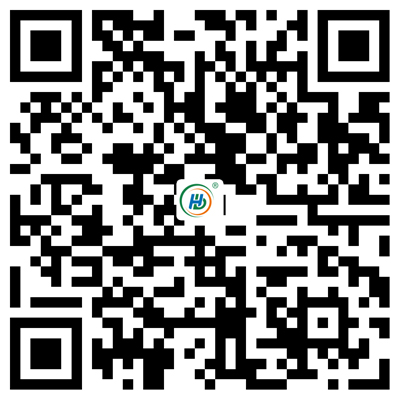東莞市貝爾試驗設備有限公司作者
今年起(2010年10月26日),電池類產品如欲取得CB認證證書,除按照UL 1642測試外,還須進行額外測試,以確保它們符合電池安全標準IEC 62133的要求。在特定的過渡期結束后,即從2011年6月27日起,IEC 62133標準將全面取代UL 1642,電池類產品取得CB證書只須符合IEC 62133的要求。
*,電池使用不當,會導致如燒傷和火災等事故。近年來電池安全事故頻傳,美國、日本、俄羅斯等國均強制要求電池按照專門標準進行檢測。我國作為電池出口大國,占據一半以上的生產產量。近年來,寧波地區電池產業發展勢頭迅猛,上百家制造企業中涌現出口不少,已成為浙江省初具規模的電池生產基地,今年1-10月,已有2.35億美元電池出口順利出口至美國、歐盟、日本東南亞、中國臺灣等各個國家和地區。
電池產業正處于結構升級的關鍵階段,積極拓展出口市場意義重大。檢驗檢疫專家指出,獲取CB證書的電池產品在申請進口國所要求的其它認證證書時,可免除或減少再送樣測試,大大縮短產品進入市場的周期,減少成本費用,加速產品出口。而IEC 62133標準主要包含電芯和電池項目的測試,由于電池的制造和成品檢測的復雜性,電池制造企業在檢測驗證前應對該標準細節有詳細了解并在生產中加以控制,如在電芯設計考慮耐持續充電能力,以免在zui終檢測中因為不符合IEC 62133標準要求而阻礙出口。
IEC62133 對電池安全性能測試的要求總括:
1. 耐振動測試(Vibration )
具體要求:電池在充滿電的情況下進行振動,振幅為0.76mm, 以1HZ/MIN 的頻率,在10HZ~55HZ 的條件下振動(10HZ~55HZ~10HZ為一個循環),在90±5min 內恢復電池。
Fully charged cells or batteries are vibration-tested under the following test conditions and
the sequence in Table 2. A simple harmonic motion is applied to the cells or batteries with
an amplitude of 0,76 mm, and a total maximum excursion of 1,52 mm. The frequency is
varied at the rate of 1 Hz/min between the limits of 10 Hz and 55 Hz. The entire range of
frequencies (10 Hz to 55 Hz) and return (55 Hz to 10 Hz), is traversed in 90 min ± 5 min
for each mounting position (direction of vibration). The vibration is applied in each of three
mutually perpendicular directions, in the sequence specified below.
Step 1: Verify that the measured voltage is typical of the charged product being tested.
Steps 2-4: Apply the vibration as specified in Table 2.
Step 5: Rest cell for 1 h, then make a visual inspection.
2. 高溫沖擊測試(Moulded case stress at high ambient temperature)
貝爾推薦BE-101-72B系列產品
具體要求:電池在70℃±2℃條件下,放置7H 以上,然后放置于室溫條件下。
Fully charged batteries are exposed to a moderay high temperature to evaluate case
integrity. The battery is placed in an air circulating oven at a temperature of 70 °C ± 2 °C.
The batteries remain in the oven for 7 h, after which they are removed and allowed to
return to room temperature.
3. 溫度循環測試(Temperature cycling)
貝爾推薦BE-THK系列快速升降溫試驗機
具體要求:充電電池經過以下5個循環后放置7天后再檢查電池有無爆炸,起火,匯漏
*步:電池在70℃±2℃條件下放置4小時
第二步:儀器在30MIN 內將溫度降至20℃±5℃,在此條件下測試2小時
第三步:儀器在30MIN 內將溫度降至-20℃±2℃,在此條件下測試4小時
第四步:儀器在30MIN 內將溫度升至20℃±5℃,在此條件下測試2小時
第五步:重復以上4個驟四次為一個大循環
Repeated exposure to high and low temperatures shall not cause fire or explosion.
b) Test according to the following procedure and the profile shown in figure 1.
Fully charged cells or batteries are subjected to temperature cycling (–20 °C, +75 °C),
in forced draught chambers, according to the following procedure.
Step 1: Place the cells or batteries in an ambient temperature of 75 °C ± 2 °C for 4 h.
Step 2: Change the ambient temperature to 20 °C ± 5 °C within 30 min and maintain
at this temperature for a minimum of 2 h.
Step 3: Change the ambient temperature to –20 °C ± 2 °C within 30 min and maintain at
this temperature for 4 h.
Step 4: Change the ambient temperature to 20 °C ± 5 °C within 30 min and maintain
at this temperature for a minimum of 2 h.
Step 5: Repeat steps 1 to 4 for a further four cycles.
Step 6: After the fifth cycle, store the cells or batteries for seven days prior to
examination.
NOTE This test can be performed in a single chamber whose temperature is changed or in three separate
chambers at three different test temperatures.
4. 短路測試(External short circuit)
貝爾推薦短路測試儀BE-1000W(帶溫度控制的)或BE-1000A(不帶溫度控制)
具體要求:兩組充滿電的電池分別放置在20℃±5℃或55℃±5℃,每個電池遭受內阻<5mΩ 的短路。電池一直測試24小時或直到直到電池下降溫度超過短路時zui高溫度的20%,測試結束。
a) Requirements
Short-circuiting of the positive and negative terminals shall not cause fire or explosion.
b) Test
Two sets of fully charged cells or batteries are stored in an ambient temperature of
20 °C ± 5 °C and 55 °C ± 5 °C respectively. Each cell or battery is then short-circuited by
connecting the positive and negative terminals with a total external resistance of less than
100 mÙ. The cells or batteries remain on test for 24 h or until the case temperature
declines by 20 % of the maximum temperature rise, whichever is the sooner.
c) Acceptance criteria
No fire, no explosion.
5. 自由跌落(freefall)
貝爾推薦BE-F-315S自由跌落試驗機
具體要求:電池從1米高度自由跌落到混凝土地面上,每個被測電池每個面跌落一次,跌落3次。
a) Requirements
Dropping a cell or battery (for example, from a bench top) shall not cause fire or
explosion.
b) Test
Each fully charged cell or battery is dropped three times from a height of 1,0 m onto a
concrete floor. The cells or batteries are dropped so as to obtain impacts in random
orientations.
c) Acceptance criteria
No fire, no explosion.
6. 機械振動(加速度沖擊)(Mechanical shock)
具體要求:每個電池應承愛總共三次的等量級沖擊,沖擊應在三個互相垂直的每個方向上施加,,每次沖擊要獲得這樣的加速度:即在zui初的3MS ,zui小平均加速度為75G ,峰值加速度應在125至175G 之間。
a) Requirements
Shocks encountered during handling or transportation shall not cause fire, explosion or
leakage.
b) Test
The fully charged cell or battery is secured to the testing machine by means of a rigid
mount which will support all mounting surfaces of the cell or battery. The cell or battery is
subjected to a total of three shocks of equal magnitude. The shocks are applied in each of
three mutually perpendicular directions. At least one of them shall be perpendicular to a
flat face.
For each shock the cell or battery is accelerated in such a manner that during the initial
3 milliseconds the minimum average acceleration is 75 gn. The peak acceleration shall be
between 125 gn and 175 gn. Cells or batteries are tested in an ambient temperature of
20 °C ± 5 °C.
c) Acceptance criteria
No fire, no explosion, no leakage.
7. 熱沖擊測試 (Thermal abuse)
貝爾推薦BE-101-72B熱沖擊試驗箱系列產品
具體要求:充滿電的電池,放置在升溫速率為:5℃/min ±2℃/min,升溫到130℃±2℃,保持10分鐘。
a) Requirements
An extremely high temperature shall not cause fire or explosion.
b) Test
Each fully charged cell, stabilized at room temperature, is placed in a gravity or circulating
air-convection oven. The oven temperature is raised at a rate of 5 °C/min ± 2 °C/min to a
temperature of 130 °C ± 2 °C. The cell remains at this temperature for 10 min before the
test is discontinued.
c) Acceptance criteria
No fire, no explosion.
8. 擠壓測試 (Crushing of cells)
貝爾推薦使用BE-6045電池擠壓試驗機
具體要求:充滿電的電池,遭受外部為13KN ±1KN 的擠壓力,一旦壓力到達或電池電壓為原電池的1/3時,即可釋放壓力。
a) Requirements
Severe crushing of a cell (for example, during disposal in a waste compactor) shall not
cause fire or explosion.
b) Test
Each fully charged cell is crushed between two flat surfaces. The force for the crushing is
applied by a hydraulic ram exerting a force of 13 kN ± 1 kN. The crushing is performed in
a manner that will cause the most adverse result. Once the maximum force has been
applied, or an abrupt voltage drop of one-third of the original voltage has been obtained,
the force is released.
A cylindrical or prismatic cell is crushed with its longitudinal axis parallel to the flat
surfaces of the crushing apparatus. To test both wide and narrow sides of prismatic cells,
a second set of cells is tested, rotated 90° around their longitudinal axes compared to the
first set.
c) Acceptance criteria
No fire, no explosion.
9. 低氣壓測試(Low pressure )
貝爾推薦使用BE-ZK真空干燥箱系列
具體要求:電池在環境溫度為20℃±5℃的條件下,在氣壓為11.6KPA(相當于海拔高度:15240M) 的條件下,測試6小時.
a) Requirements
Low pressure (for example, during transportation in an aircraft cargo hold) shall not cause
fire or explosion.
b) Test
Each fully charged cell is placed in a vacuum chamber, in an ambient temperature
of 20 °C ± 5 °C. Once the chamber has been sealed, its internal pressure is gradually
reduced to a pressure equal to or less than 11,6 kPa (this simulates an altitude of
15 240 m) held at that value for 6 h.
c) Acceptance criteria
No fire, no explosion, no leakage.
- 版權與免責聲明
- 1、凡本網注明"來源:環保在線"的所有作品,版權均屬于環保在線,轉載請必須注明環保在線,http://www.jxtpzs.com。違反者本網將追究相關法律責任。
- 2、企業發布的公司新聞、技術文章、資料下載等內容,如涉及侵權、違規遭投訴的,一律由發布企業自行承擔責任,本網有權刪除內容并追溯責任。
- 3、本網轉載并注明自其它來源的作品,目的在于傳遞更多信息,并不代表本網贊同其觀點或證實其內容的真實性,不承擔此類作品侵權行為的直接責任及連帶責任。其他媒體、網站或個人從本網轉載時,必須保留本網注明的作品來源,并自負版權等法律責任。
- 4、如涉及作品內容、版權等問題,請在作品發表之日起一周內與本網聯系,否則視為放棄相關權利。
 環保在線APP
環保在線APP
 環保在線手機站
環保在線手機站
 環保在線小程序
環保在線小程序
 微信公眾號
微信公眾號






















 環保在線官微
環保在線官微 環保在線APP
環保在線APP 環保在線小程序
環保在線小程序